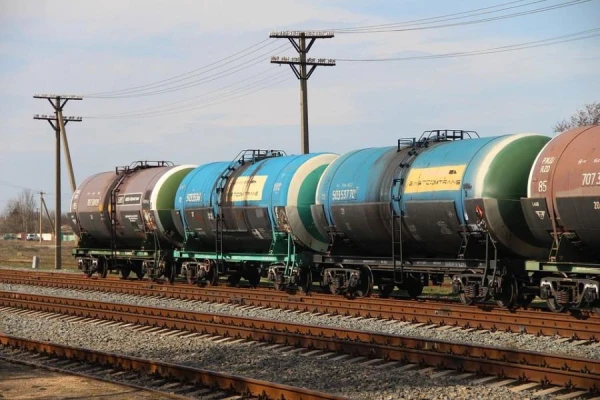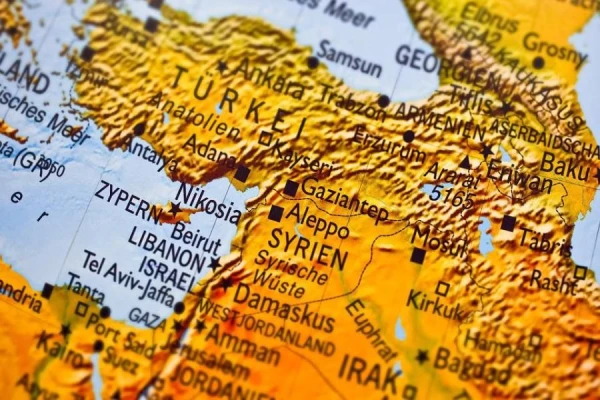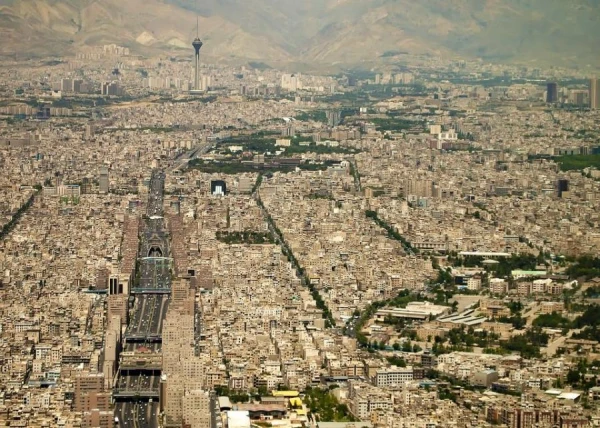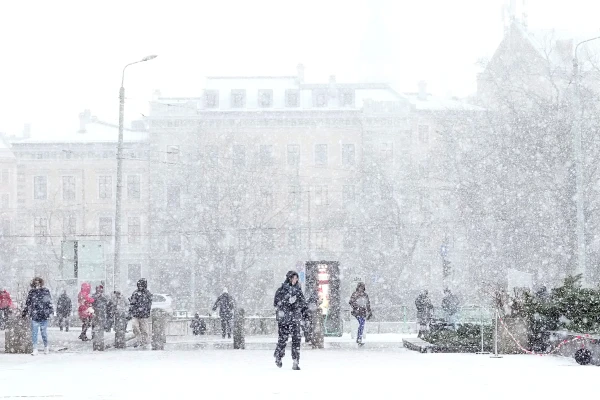
The Indian Prime Minister decided to participate in the ASEAN summit in Malaysia virtually. This excludes face-to-face negotiations with Trump and weakens hopes for improved relations with the U.S. regarding oil from Russia.
A three-day summit of the Association of Southeast Asian Nations (ASEAN) is taking place in Malaysia, which will conclude on October 28. A high-profile guest at the event is U.S. President Donald Trump. Indian Prime Minister Narendra Modi decided not to attend the summit, raising questions about the ongoing tense negotiations over tariffs between the United States and India regarding New Delhi's continued purchases of Russian oil.
Modi did not explain the reason for his decision, stating on X that he would attend the summit in Kuala Lumpur virtually, and specifically emphasized his warm relations with Malaysian Prime Minister Anwar Ibrahim, as well as the strengthening of the strategic partnership between ASEAN and India. The head of the Malaysian government explained Modi's virtual participation by the ongoing celebration of Diwali - the festival of lights, the main holiday in India.
In turn, Trump at an event in the White House on October 21 for Diwali spoke about a conversation he had with Modi, called the discussion positive, and reiterated that India would stop buying Russian oil. "We just have a very good relationship, and he’s not going to be buying a lot of oil from Russia," the U.S. president explained. "They have significantly reduced purchases and continue to reduce," he noted, adding that Modi wants to "see an end" to Russia's war against Ukraine.
The Indian Prime Minister thanked the U.S. president for the Diwali greetings and promised closer cooperation in the fight against terrorism, without mentioning tariffs or oil. Both leaders attempted to smooth over the tensions in their countries' relations amid the ongoing tariff dispute.
However, Modi's absence from the ASEAN summit led political opponents of the Indian Prime Minister to suggest that a handshake with Trump on the international stage upon returning home would be perceived as a misstep. Jairam Ramesh, a senior representative of the Indian National Congress - India's leading opposition party - stated on October 23 that it would be "too risky" for Modi to "be familiar" with the head of the White House in public.
After the American leader's words about New Delhi's impending refusal to buy oil from Moscow, Indian opposition leader Rahul Gandhi stated that "Modi is afraid of Trump" and accused the Prime Minister of allowing "Trump to make the decision and announce that India will not buy Russian oil."
The End of the Friendship Between Trump and Modi?
During the Indian Prime Minister's visit to the U.S. in February, Modi and Trump embraced in front of reporters at the White House. At that time, everyone expected that the warm relations that had developed between the two leaders during Trump's first presidential term would continue.
But soon it became clear in New Delhi that Washington did not intend to show them special treatment, as Trump imposed extensive tariffs, including a 25 percent tariff on certain items of Indian exports. In August, the Trump administration stated that India's purchases of Russian oil were financing the war waged by Moscow against Ukraine and imposed an additional 25 percent tariff on New Delhi, bringing the total rate to an incredible 50 percent. This cooled U.S.-India relations to their lowest level in decades.
Will India Really Refuse Oil from Russia, or Is Trump Mistaken?
In mid-October, the American leader added fuel to the fire by stating for the first time that Modi "assured" him that India would stop buying Russian oil. Indian officials have not yet confirmed or denied these claims.
How Will New Sanctions Against Russia Affect India-U.S. Relations?
On October 23, Reuters reported that the largest Indian buyer of crude oil from Russia, Reliance Industries, is preparing for "significant reductions" in the import of Russian raw materials. "We do not expect the volume to drop to zero immediately, as some barrels will be coming to the market" through intermediaries, a source at the refinery explained to the news agency on condition of anonymity. "The reassessment of the position on Russian oil imports is ongoing, and Reliance will fully follow the recommendations of the Indian government," a company representative told reporters.
The Reuters material was published after Washington announced new landmark sanctions against the largest Russian oil companies - Rosneft and Lukoil, which, according to U.S. Treasury Secretary Scott Bessen, are responsible for financing the Kremlin's "war machine."
This step, the first from the second Trump administration that directly concerns the war waged by Russia, freezes all assets in the United States belonging to Russian oil giants and allows for secondary sanctions against foreign banks doing business with Rosneft and Lukoil. This could mean that banks in India could face penalties for facilitating the supply of Russian oil.
The U.S. Treasury has set a deadline of November 21 for companies to cease transactions with Rosneft and Lukoil. According to analysts, the consequences will depend on the measures taken by the U.S. and how banks will comply with these requirements.
India Wants to Maintain Energy Independence
Rumors surrounding India's purchases of Russian oil continue. Meanwhile, the Indian Ministry of External Affairs continues to emphasize that India's priority remains the country's energy independence and maintaining low energy prices for consumers.
Indian Ministry of External Affairs spokesperson Randhir Jaiswal stated in mid-October that Washington has shown interest in deepening energy cooperation and negotiations on this matter are already underway. India's priority in purchasing oil is to "protect the interests of Indian consumers in the context of an unstable energy situation," emphasized the foreign ministry representative.
Oil analyst from the New Delhi-based research firm Kpler, Sumit Ritolia, told DW that India may "reduce" its imports of Russian oil but added: "I don’t think we will reduce it to zero anytime soon."
From 2021 to 2024, India's oil purchases from Russia increased nearly 19 times - from 0.1 to 1.9 million barrels per day. This made Russia the main source of crude oil for India.
In 2022, New Delhi began purchasing raw materials from Russia at a discount after Moscow waged war against Ukraine and faced unprecedented sanctions that deprived it of oil sales revenue. In New Delhi, it was claimed that at one point the U.S. actively supported India's oil purchases from Russia to stabilize global prices for the product.














Leave a comment